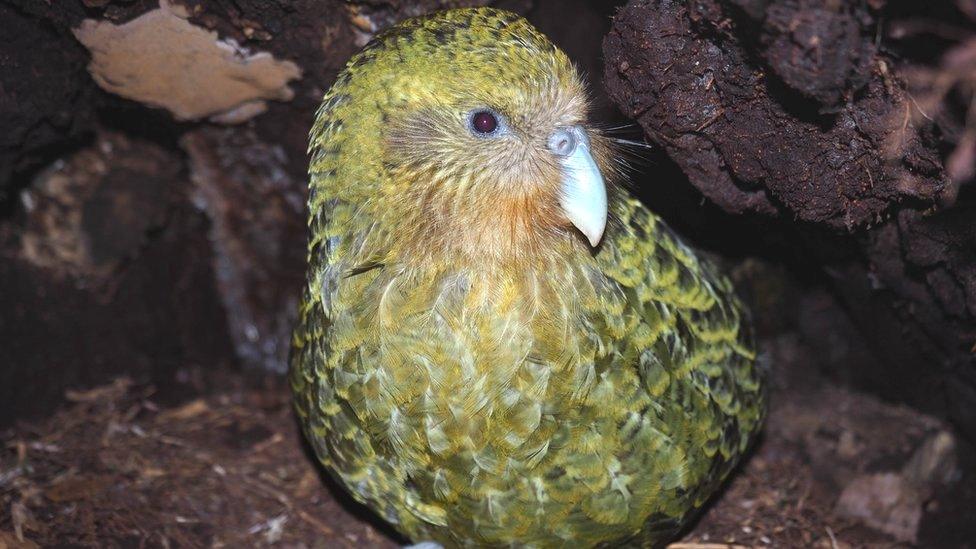Almost a third of lemurs are now critically endangered
- Published
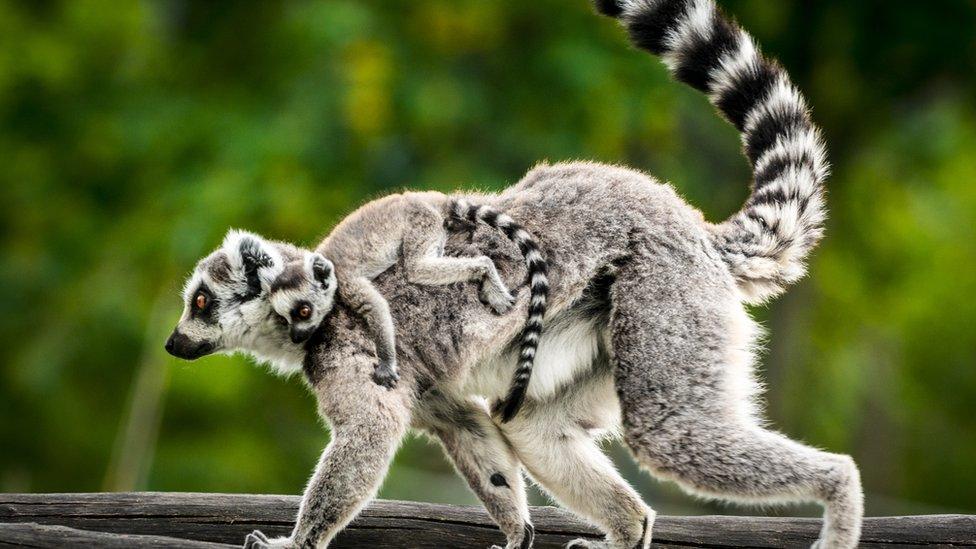
Almost a third of lemur species are now one step away from extinction, experts say.
In the latest update of the Red List - a big report looking at how different species are surviving - one out of every three types of lemur are labelled as Critically Endangered.
If a species is Critically Endangered it means there's a big risk it could go extinct.
Lemurs are small animals only found in the wild in Madagascar - an island country in Africa.
It's thought that things humans are doing, like hunting and cutting down forests, have led to lemur numbers dropping.
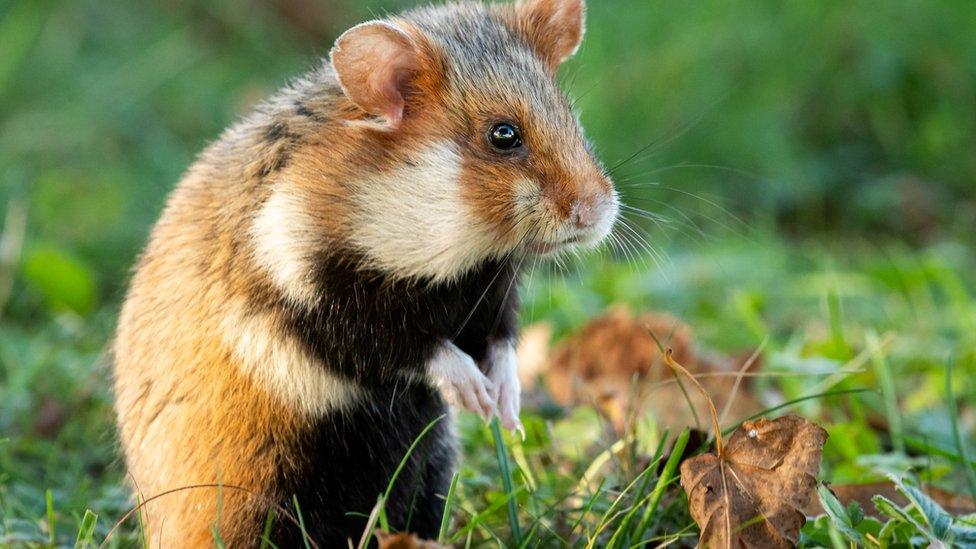
There used to be lots of European hamsters in Europe and Russia
The latest update to the Red List also shows that the North Atlantic Right Whale and the European Hamster (a different species from the type of hamsters kept as pets) are also now Critically Endangered.
Conservationists want more done to help these species and point towards success stories like that of a type of iguana living in the Turks and Caicos Islands, in the Atlantic Ocean.
The species of iguana has gone from being Critically Endangered to Endangered, meaning numbers have gone up and it is no longer at immediate threat of extinction.
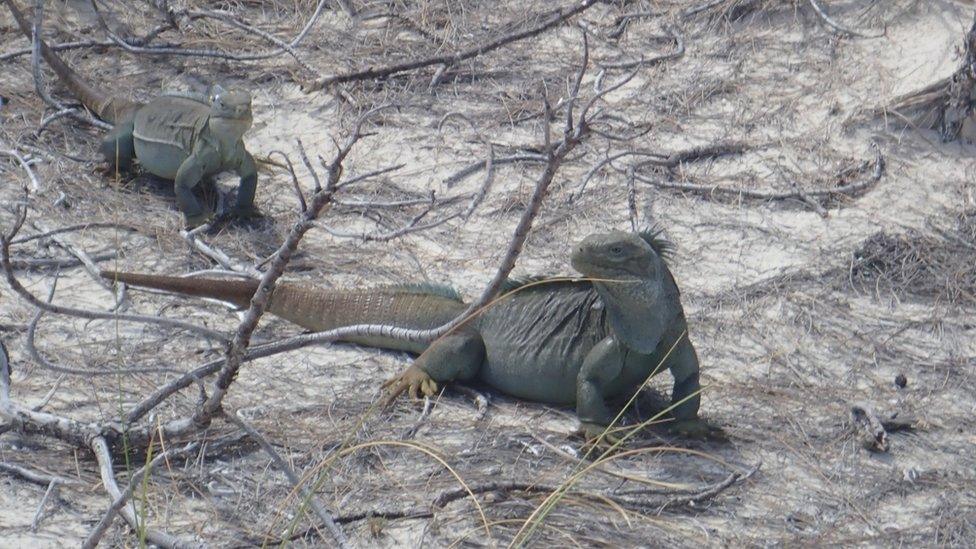
Here are some iguanas found on the Turks and Caicos islands
Craig Hilton-Taylor from the International Union for Conservation of Nature (IUCN), which produces the Red List, said that this good news is down to conservation efforts on the islands - involving the government, organisations and local people - restoring habitat and reintroducing the species.
"If people pull together, species can recover," he says.
- Published3 June 2020
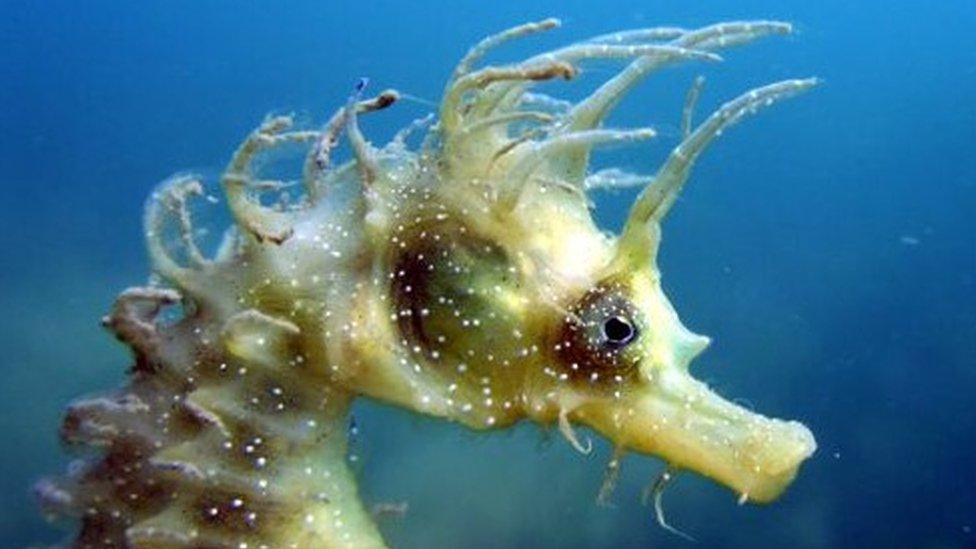
- Published21 March 2020
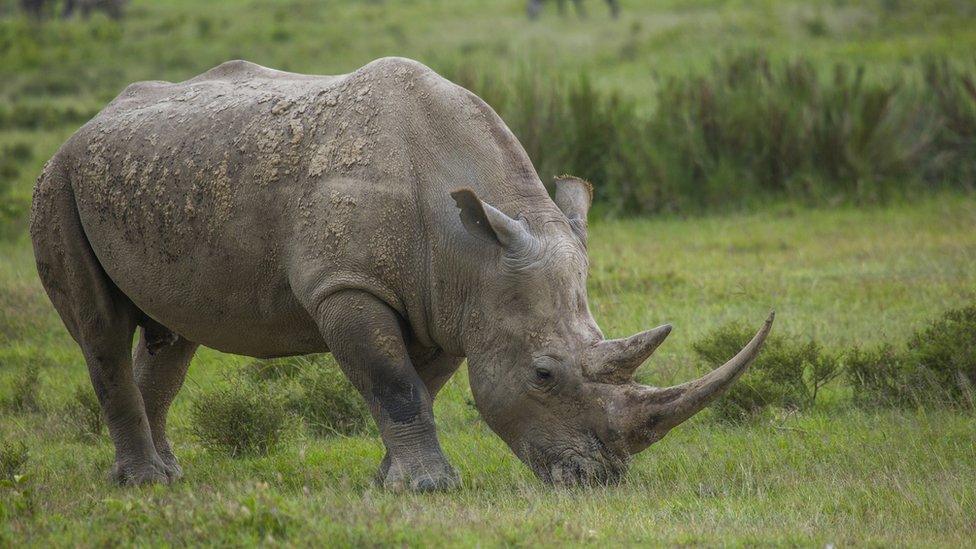
- Published4 June 2020
